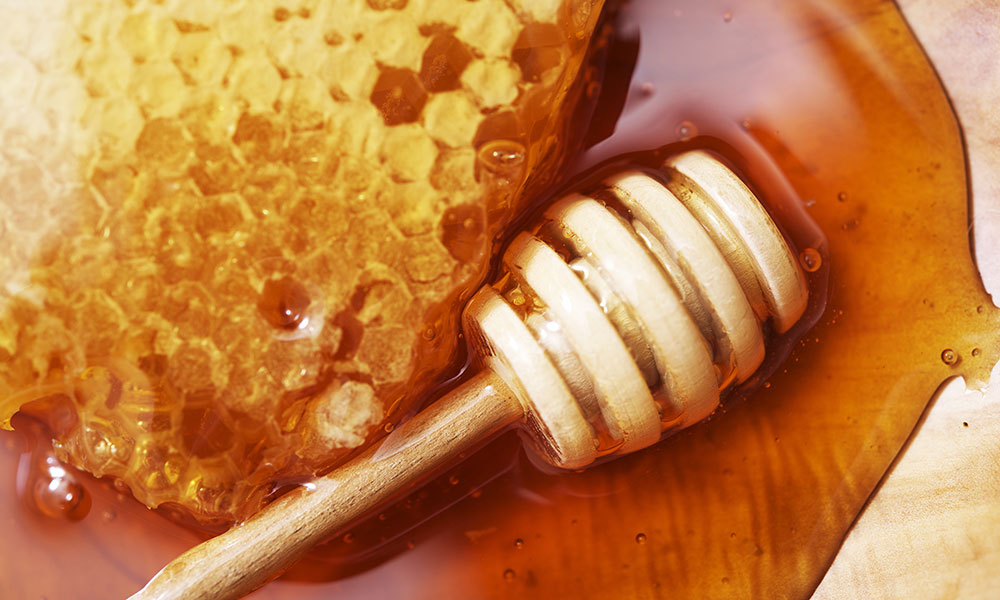Do you find yourself constantly tossing and turning at night, unable to get a good night’s sleep? If you suffer from sleep apnea, you’re not alone. This common sleep disorder affects millions of people worldwide, causing interruptions in breathing and leading to restless nights. Instead of relying on medication or invasive treatments, why not explore the world of natural remedies for sleep apnea? In this article, we will delve into the various holistic approaches that can help alleviate symptoms and improve your quality of sleep.

Understanding Sleep Apnea and Its Symptoms
People suffering from sleep apnea often experience symptoms like loud snoring, daytime fatigue, and even pauses in breathing during sleep. If left untreated, it can lead to serious health complications. However, there are natural remedies that can help alleviate the symptoms of sleep apnea and improve the quality of sleep.
One effective natural remedy for sleep apnea is maintaining a healthy weight through diet and exercise. Excess weight can put pressure on the airways, making breathing difficult during sleep. By shedding a few pounds, you can reduce the severity of sleep apnea symptoms.
Another natural remedy is practicing good sleep hygiene. This includes establishing a regular sleep schedule, creating a relaxing bedtime routine, and optimizing your sleep environment for quality rest. By making these simple changes, you can improve your overall sleep quality and reduce the likelihood of sleep apnea episodes.
Exploring Natural Remedies and Lifestyle Changes
Have you been struggling with sleep apnea and looking for natural remedies to help improve your sleep quality? Fortunately, there are several lifestyle changes and natural remedies that can help alleviate the symptoms of sleep apnea and promote better sleep. One effective natural remedy for sleep apnea is incorporating essential oils into your bedtime routine. Lavender, eucalyptus, and peppermint oils are known for their calming and soothing effects, which can help relax the muscles in the throat and promote better breathing during sleep.
Another natural remedy for sleep apnea is practicing certain throat exercises that can strengthen the muscles in the throat and prevent them from collapsing during sleep. Some effective throat exercises include singing, playing the didgeridoo, and practicing specific yoga poses such as the “lion’s breath” pose. These exercises can help improve airflow and reduce the frequency of apnea events during sleep.
| Essential Oils | Throat Exercises |
|---|---|
| Lavender | Singing |
| Eucalyptus | Didgeridoo |
| Peppermint | Yoga poses |
In addition to these natural remedies, making lifestyle changes such as maintaining a healthy weight, avoiding alcohol and smoking, and sleeping on your side instead of your back can also help improve sleep apnea symptoms. By incorporating these natural remedies and lifestyle changes into your daily routine, you can effectively manage sleep apnea and enjoy a better night’s sleep.
Effective Herbal Remedies for Sleep Apnea Treatment
If you are looking for effective herbal remedies to treat sleep apnea, you have come to the right place. There are several natural options that can help improve your sleep quality and reduce the symptoms of sleep apnea.
Here are some herbal remedies that can be beneficial for sleep apnea:
- Valerian Root: Known for its calming properties, valerian root can help promote relaxation and improve sleep quality.
- Lavender: This fragrant herb is often used in aromatherapy to promote relaxation and reduce stress, which can be helpful for sleep apnea sufferers.
- Chamomile: Chamomile tea is a popular remedy for insomnia and can also help improve sleep apnea symptoms.
| Herbal Remedy | Benefits |
|---|---|
| Valerian Root | Promotes relaxation and improves sleep quality. |
| Lavender | Reduces stress and promotes relaxation. |
| Chamomile | Helps improve symptoms of insomnia and sleep apnea. |
While these herbal remedies can be beneficial, it is important to consult with a healthcare professional before incorporating them into your treatment plan. They can work alongside other treatments to help you manage your sleep apnea symptoms and improve your overall sleep health.
Practical Tips for Improving Sleep Quality and Managing Sleep Apnea
For those struggling with sleep apnea, finding natural remedies to improve sleep quality can make a big difference in overall health and well-being. Here are some practical tips to help manage sleep apnea and improve the quality of your sleep:
- Establish a bedtime routine: Creating a consistent bedtime routine can help signal to your body that it’s time to wind down and prepare for sleep.
- Avoid caffeine and heavy meals before bed: Consuming caffeine or large meals close to bedtime can disrupt your sleep and exacerbate sleep apnea symptoms.
- Keep your bedroom cool and dark: Creating a comfortable sleep environment by keeping your bedroom cool, dark, and quiet can help promote restful sleep.
- Practice relaxation techniques: Engaging in relaxation techniques such as deep breathing, meditation, or gentle yoga before bed can help reduce stress and improve sleep quality.
| Sleep Apnea Tips | Effectiveness |
|---|---|
| Avoid alcohol before bed | ✔️ |
| Invest in a comfortable pillow | ✔️ |
| Use a humidifier in your bedroom | ✔️ |
In conclusion, exploring natural remedies for sleep apnea can provide a gentle and holistic approach to improving your quality of sleep. From incorporating lifestyle changes to trying herbal supplements, there are various options to explore in order to find relief from this common sleep disorder. It is always important to consult with a healthcare professional before trying any new remedies, to ensure they are safe and effective for your individual needs. By taking a proactive approach to managing your sleep apnea, you can hopefully experience more restful nights and better overall health. Sweet dreams!
